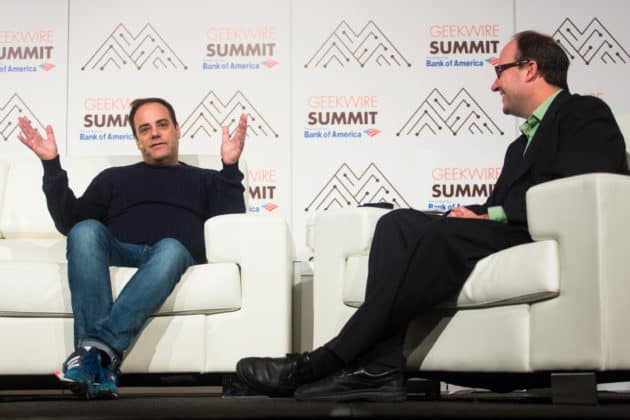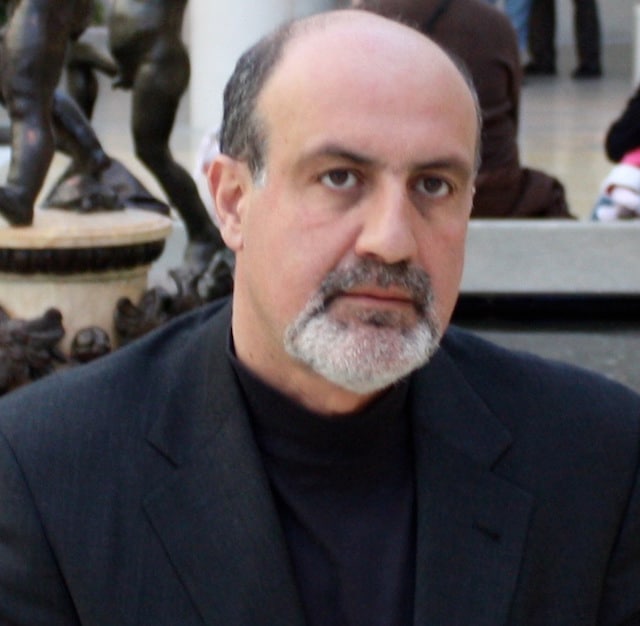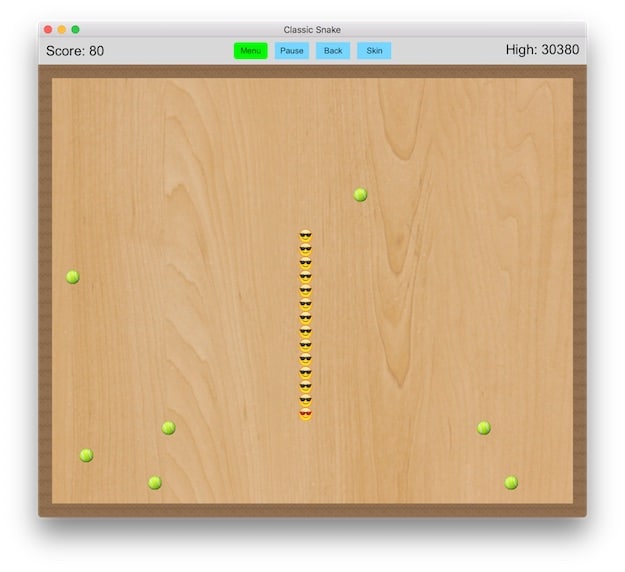Anti-Social Grumblings
I recently gave a deliberatively provocative TEDx talk titled “quit social media” (see the video above). The theme of the event was “visions of the future.” I said my vision of the future was one in which many fewer people use social media.
Earlier this week, Andrew Sullivan published a long essay in New York Magazine that comes at this conclusion from a new angle.
Sullivan, as you might remember, founded the sharp and frenetic political blog, The Daily Dish (ultimately shortened to: The Dish). The blog was a success but its demands were brutal.
For a decade and a half, I’d been a web obsessive, publishing blog posts multiple times a day, seven days a week…My brain had never been so occupied so insistently by so many different subjects and in so public a way for so long.
In recent years, his health began to fail. “Did you really survive HIV to die of the web?”, his doctor asked. Finally, in the winter of 2015, he quit, explaining: “I decided, after 15 years, to live in reality.”
This might sound like an occupational hazard of a niche new media job, but a core argument of Sullivan’s essay is that these same demands have gone mainstream:
Read more






